
Maseru: The Gateway to the Kingdom in the Sky
Maseru, the capital city of Lesotho, is a unique blend of tradition and modernity. Nestled between the rolling hills and the Caledon River, it serves as the vibrant heart of this mountainous kingdom. The city's name, meaning 'place of red sandstone,' hints at its scenic landscapes and rich geological history. Visitors will find a city brimming with cultural heritage, from the traditional Basotho huts to the bustling markets selling local crafts and produce. A visit to Maseru is not complete without exploring its historical sites. The Royal Palace offers a glimpse into the country's monarchy, while the Thaba Bosiu Cultural Village provides a deeper understanding of the local customs and traditions. For those interested in history, the National Museum is a must-visit, showcasing artifacts and exhibits that tell the story of Lesotho's past. Nature lovers will be captivated by the surrounding landscapes. Maseru is the ideal starting point for excursions into the Maloti Mountains, where one can enjoy hiking, horseback riding, and breathtaking views. The nearby Mohale Dam is another popular spot, perfect for picnics and water sports. With its unique blend of culture, history, and natural beauty, Maseru offers an unforgettable experience for every traveler.
Local tips in Maseru
- Visit the local markets to buy unique Basotho crafts and textiles.
- Plan your trip around the Morija Arts & Cultural Festival for an immersive experience in local arts and music.
- The best time to visit is during the dry season from May to September for pleasant weather and clear skies.
- Hire a local guide for excursions into the Maloti Mountains to ensure safety and gain deeper insights.
- Don't miss trying local dishes like 'papa' and 'moroho' at traditional eateries.
Maseru: The Gateway to the Kingdom in the Sky
Maseru, the capital city of Lesotho, is a unique blend of tradition and modernity. Nestled between the rolling hills and the Caledon River, it serves as the vibrant heart of this mountainous kingdom. The city's name, meaning 'place of red sandstone,' hints at its scenic landscapes and rich geological history. Visitors will find a city brimming with cultural heritage, from the traditional Basotho huts to the bustling markets selling local crafts and produce. A visit to Maseru is not complete without exploring its historical sites. The Royal Palace offers a glimpse into the country's monarchy, while the Thaba Bosiu Cultural Village provides a deeper understanding of the local customs and traditions. For those interested in history, the National Museum is a must-visit, showcasing artifacts and exhibits that tell the story of Lesotho's past. Nature lovers will be captivated by the surrounding landscapes. Maseru is the ideal starting point for excursions into the Maloti Mountains, where one can enjoy hiking, horseback riding, and breathtaking views. The nearby Mohale Dam is another popular spot, perfect for picnics and water sports. With its unique blend of culture, history, and natural beauty, Maseru offers an unforgettable experience for every traveler.
When is the best time to go to Maseru?
Iconic landmarks you can’t miss
Avani Lesotho Hotel & Casino
Discover luxury and excitement at Avani Lesotho Hotel & Casino, where stunning views and vibrant entertainment await in the heart of Maseru.
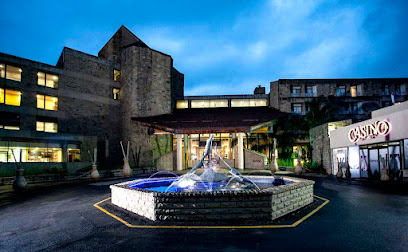
Maseru Mall
Discover the vibrant shopping experience at Maseru Mall, Lesotho's premier destination for retail, dining, and entertainment.
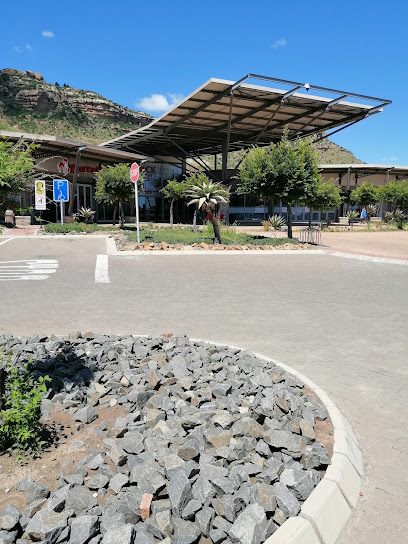
Thaba Bosiu Cultural Village
Explore the rich heritage and breathtaking landscapes of Thaba Bosiu Cultural Village, a cultural gem of Lesotho.
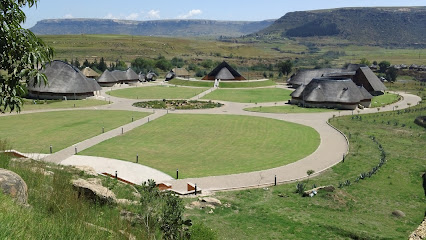
Pioneer Mall Maseru
Experience the lively atmosphere at Pioneer Mall in Maseru, a shopping paradise with local flair and diverse dining options.
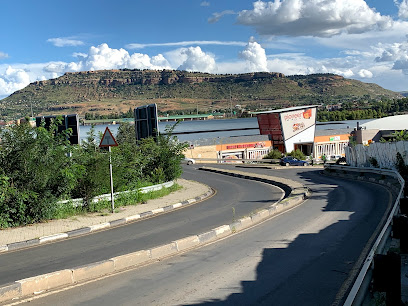
Piripiri Restaurant
Discover the vibrant tastes of Portugal at Piripiri Restaurant in Maseru, where every meal is a celebration of flavor and culture.
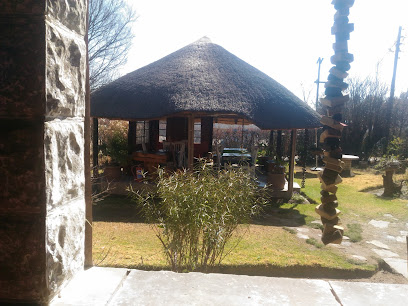
The Market
Experience the vibrant flavors of Lesotho at The Market, a culinary gem in Maseru Mall, offering a delightful array of dishes for every palate.
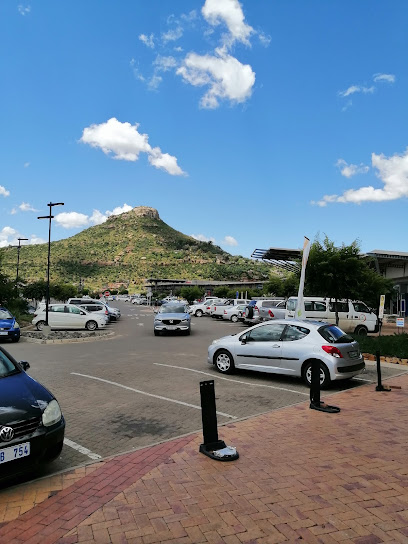
No.7 Restaurant
Experience the rich flavors of Lesotho at No.7 Restaurant, where local ingredients meet international cuisine in a cozy atmosphere.
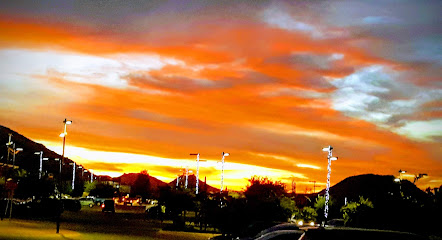
Tribute Guest House Matala
Discover the charm of Lesotho at Tribute Guest House Matala, where comfort meets local hospitality in the heart of Maseru.

Café What?
Discover the vibrant flavors of Africa at Café What? in Maseru, Lesotho, a must-visit destination for food lovers.
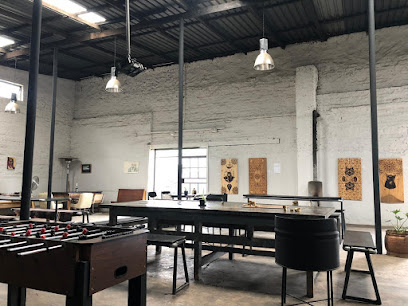
Basotho Hat
Explore the Basotho Hat in Maseru: A cultural shopping haven showcasing traditional crafts and vibrant local heritage for an unforgettable experience.
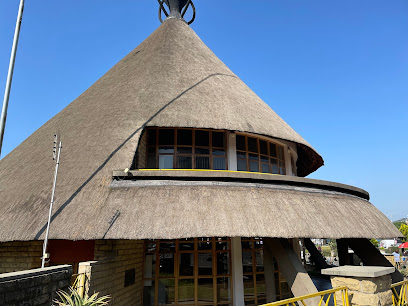
Hokahanya Inn & Conference Centre
Discover the charm of Maseru at Hokahanya Inn & Conference Centre, where comfort meets convenience amidst breathtaking landscapes.
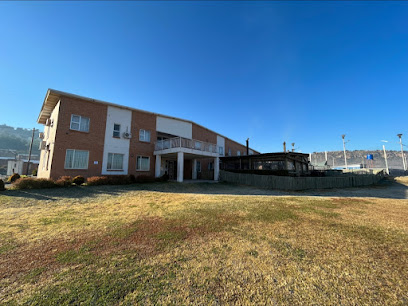
Black Swan Guesthouse
Discover the comfort of Black Swan Guesthouse in Maseru, where warm hospitality meets the charm of Lesotho's capital city.

Phomolo Guest House
Experience the warmth of Lesotho at Phomolo Guest House, a cozy retreat in the heart of Maseru, offering comfort and local hospitality.

City Stay Maseru
Discover the heart of Lesotho at City Stay Maseru, a charming guest house offering a cozy escape in the vibrant capital city.
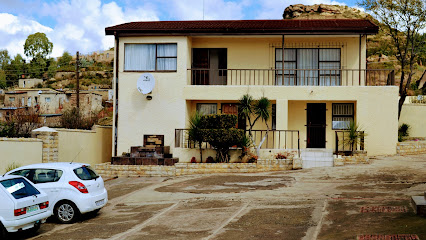
Scenery Guest House Maqalika
Experience the warmth of Basotho hospitality at Scenery Guest House in Maseru, your cozy retreat for exploring Lesotho's stunning landscapes and vibrant culture.
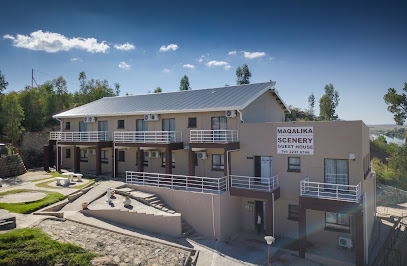
Unmissable attractions to see
Thaba Bosiu Cultural Village
Discover the heart of Lesotho at Thaba Bosiu Cultural Village, where history, culture, and breathtaking landscapes converge for an unforgettable experience.
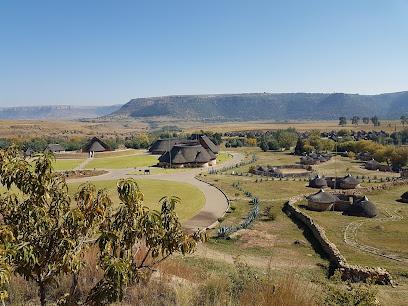
Lesotho Bike Hangar
Explore Lesotho's stunning landscapes on two wheels with rentals, tours, and expert advice from Lesotho Bike Hangar in Maseru.
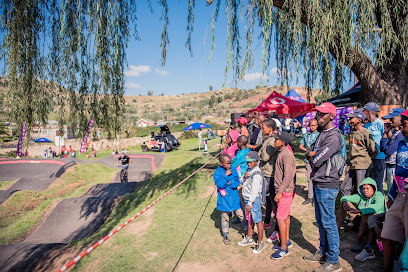
Banesa Gardens
Escape to tranquility at Banesa Gardens in Maseru, Lesotho, where lush landscapes and vibrant flowers create a serene natural retreat.
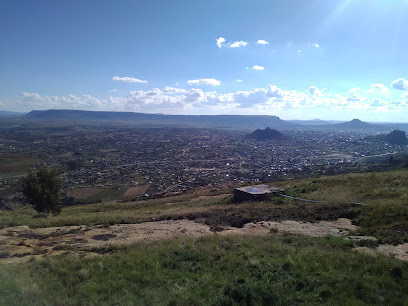
Lekhalong Natural Spring Water
Experience the tranquility of nature at Lekhalong Natural Spring Water, a serene country park in Maseru, perfect for relaxation and family outings.
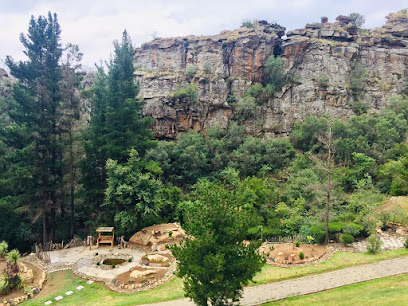
dinosaur footprints
Step back millions of years and walk in the footsteps of dinosaurs at the Subeng River in Lesotho, a unique paleontological treasure.
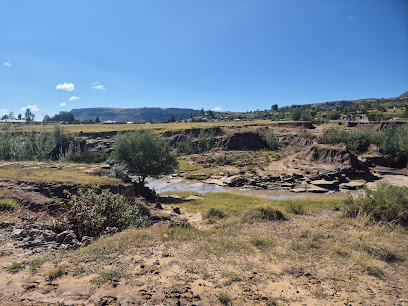
Basetsana Gardens
Escape to tranquility at Basetsana Gardens in Maseru, a peaceful retreat with lush greenery and a serene atmosphere for relaxation and nature appreciation.
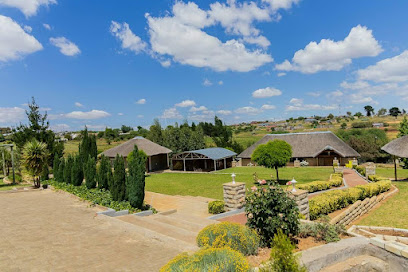
Maseru Downtown Park
Escape the city buzz in this green haven. Maseru Downtown Park: relax, connect with nature, and experience local life in Lesotho's capital.
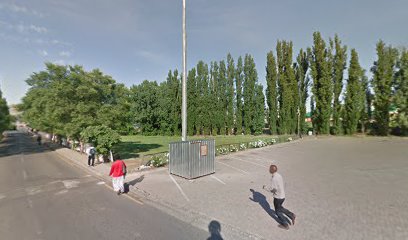
Moshabesha Edenic Garden
Explore the breathtaking beauty of Moshabesha Edenic Garden in Foso, a tranquil haven filled with vibrant flora and stunning landscapes.
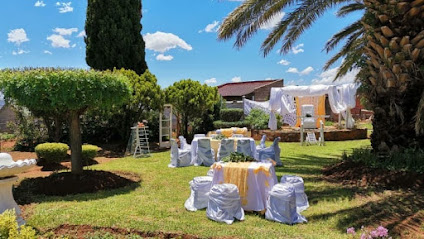
De View Gardens
Discover tranquility at De View Gardens in Maseru: panoramic views, vibrant flora, and a serene escape into nature's beauty.
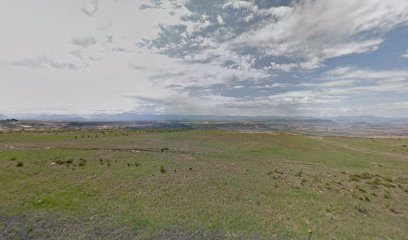
Lithotaneng
Escape to Lithotaneng Garden in Maseru: A peaceful oasis of lush greenery, vibrant flowers, and tranquil beauty for relaxation and reflection.

POLASING Picnics & camp Palace
Escape to the Lesotho highlands at POLASING Picnics & Camp Palace: scenic views, tranquil picnics, and camping under the African sky.
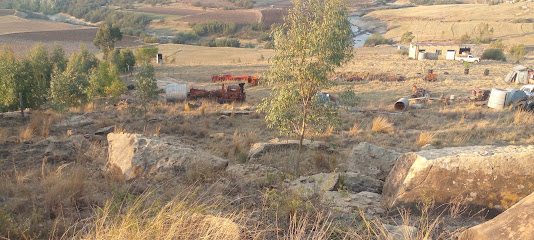
Ha Blawezzy
Escape to Ha Blawezzy Park in Foso for serene nature walks, picnics, and picturesque landscapes, a tranquil Lesotho retreat.
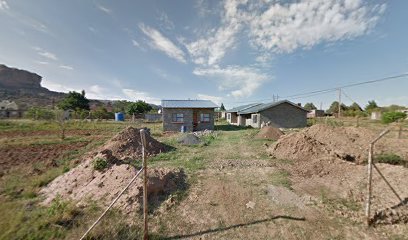
The Caff
Escape to tranquility at The Caff in Maseru: a serene park oasis for relaxation, picnics, and a glimpse into local Lesotho culture.
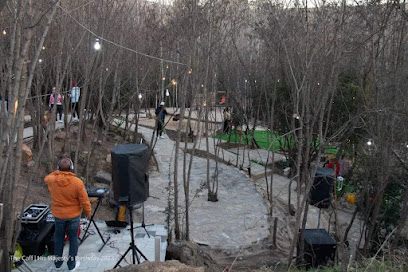
Borokhoaneng
Discover Borokhoaneng in Maseru: breathtaking trails, rich biodiversity, and stunning natural beauty await every hiker and nature lover.
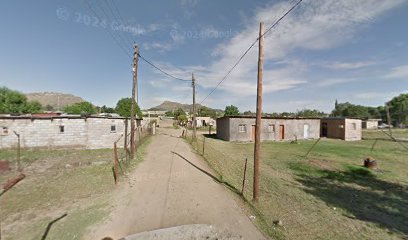
Essential places to dine
Captain DoRegos Kingsway Road
Discover culinary delights at Captain DoRegos Kingsway Road - where local flavors meet vibrant dining experiences in Maseru.
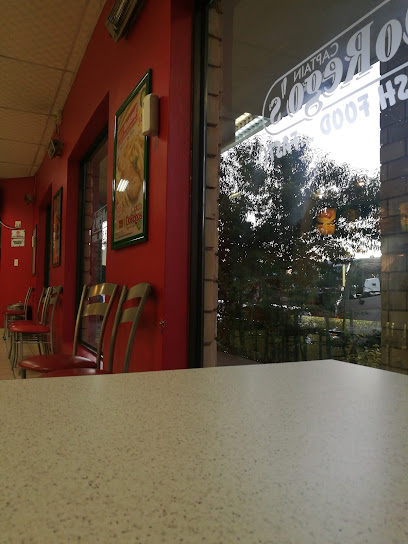
Piripiri Restaurant
Experience authentic Portuguese flavors at Piripiri Restaurant in Maseru – a culinary haven for food lovers seeking delicious international cuisine.
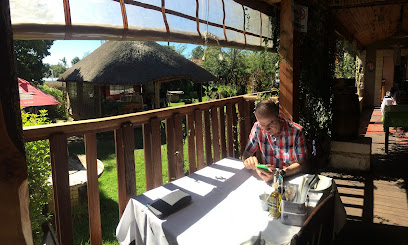
The Market
Discover the rich flavors of Lesotho at The Market - Maseru's top dining destination offering diverse cuisine in a welcoming ambiance.
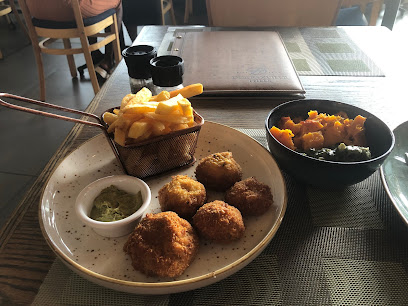
Galito's Maseru Station
Experience mouthwatering halal chicken dishes at Galito's Maseru Station - your go-to fast-food destination in Lesotho.
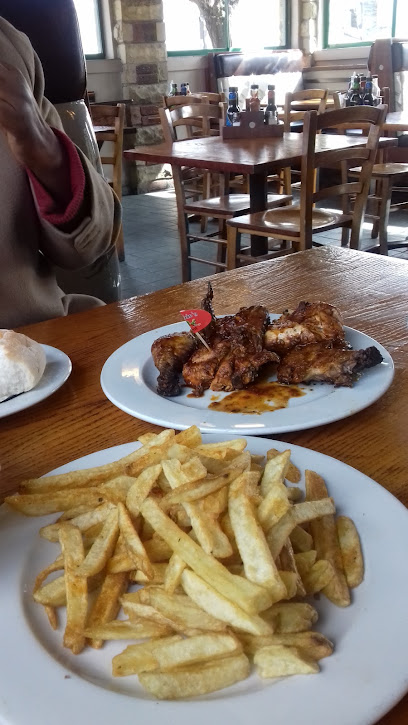
No.7 Restaurant
Experience authentic Basotho cuisine at No.7 Restaurant in Maseru – where tradition meets taste in every dish.
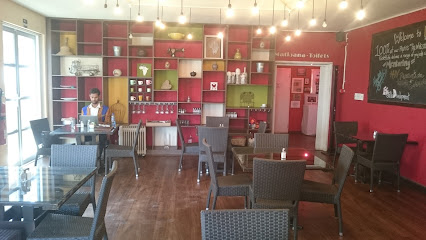
Café What?
Discover authentic African flavors at Café What? in Maseru – a cozy spot perfect for indulging in traditional cuisine.
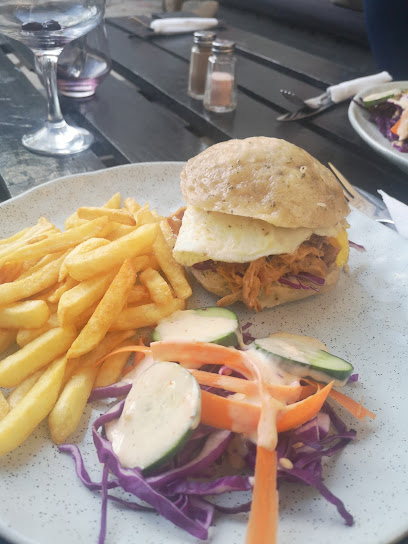
Cappello
Discover authentic flavors at Cappello in Maseru – where local cuisine meets international delights in a warm and inviting atmosphere.
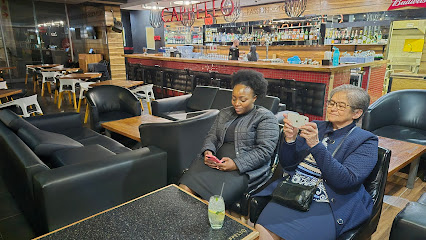
Artisan Lesotho
Discover Artisan Lesotho: Your go-to pizza haven in Maseru offering authentic flavors and local charm.
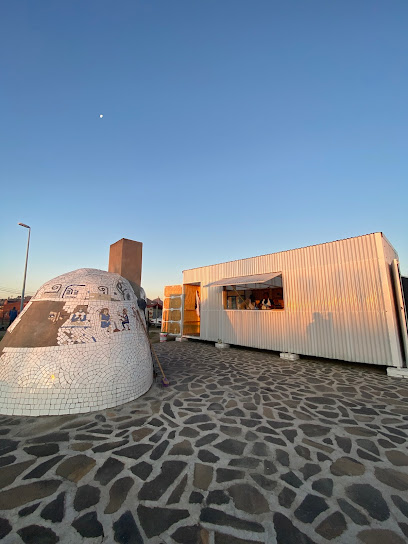
Nada
Experience authentic Basotho cuisine at Nada in Maseru - where tradition meets flavor in every dish.
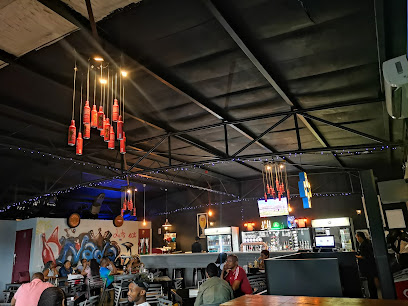
THE DECK MASERU
Experience the flavors of Lesotho at The Deck Maseru—where local cuisine meets modern dining in a vibrant atmosphere.
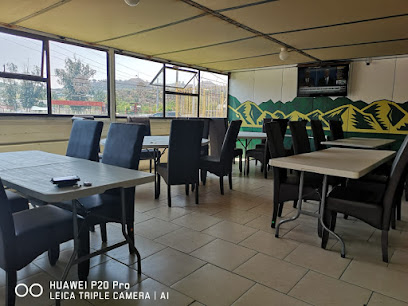
Victory Centre
Experience the rich culinary delights of Lesotho at Victory Centre in Maseru - where tradition meets flavor.
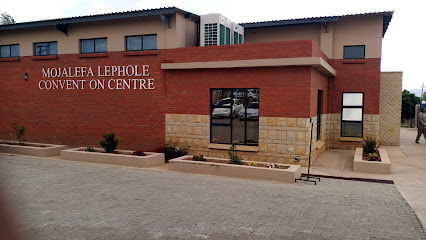
Fuli Chinese Restaurant
Experience authentic Chinese flavors at Fuli Chinese Restaurant in Maseru - where culinary tradition meets local charm.
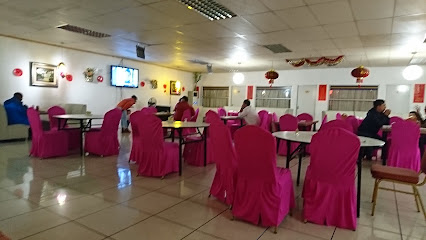
N'Jays Restaurant
Discover authentic Basotho flavors at N'Jays Restaurant in Maseru - where every dish is a celebration of local cuisine.
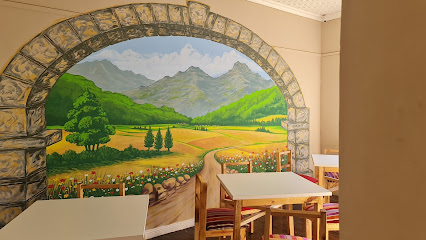
Monte Carlo Restaurant
Discover authentic flavors at Monte Carlo Restaurant in Maseru – a perfect blend of local tradition and international cuisine.
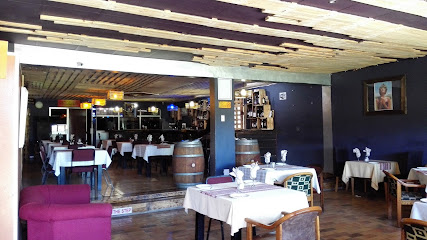
Big 6 Meat & Chill
Discover authentic Basotho flavors at Big 6 Meat & Chill in Maseru - where every bite tells a story!
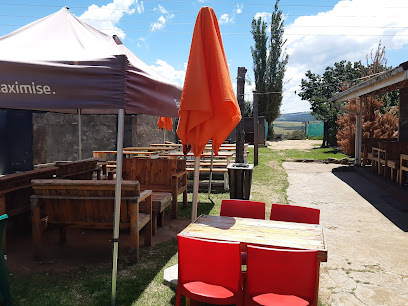
Markets, malls and hidden boutiques
Maseru Mall
Discover the vibrant shopping scene at Maseru Mall, where local culture meets modern retail in the heart of Lesotho's capital.
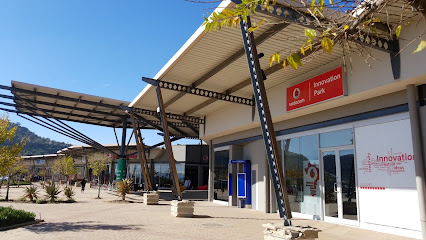
Exact - Pioneer Mall Maseru
Explore the ultimate shopping haven at Exact - Pioneer Mall Maseru, offering a wide range of stylish clothing and accessories for the whole family.
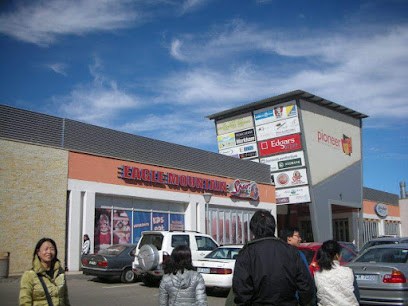
Game Maseru
Discover a diverse range of products at Game Maseru, your one-stop department store in Lesotho for electronics, apparel, and more.
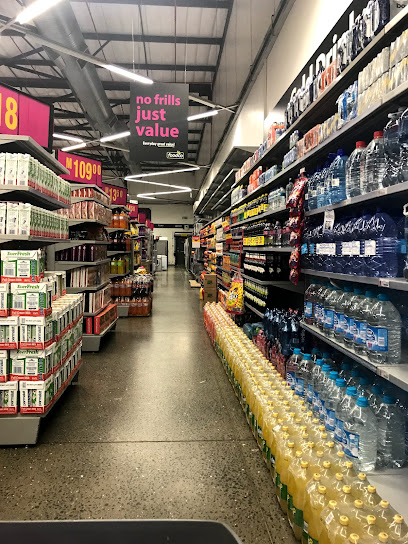
Sefika Shopping Centre
Explore the Sefika Shopping Centre in Maseru for a delightful blend of shopping, dining, and entertainment experiences in the heart of Lesotho.
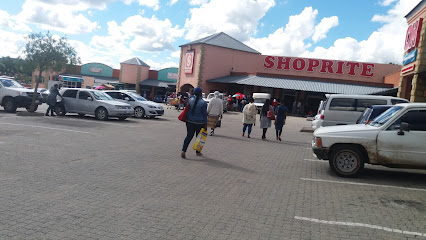
Pick n Pay Pick 'n Pay Maseru
Experience local shopping bliss at Pick n Pay Maseru, where fresh produce and unique Lesotho products await every traveler.
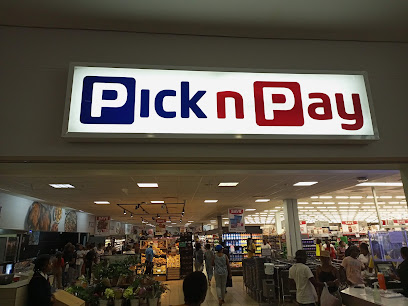
Woolworths Pioneer Mall
Explore the stylish offerings at Woolworths Pioneer Mall, Maseru's leading clothing store for trendy apparel and local fashion.
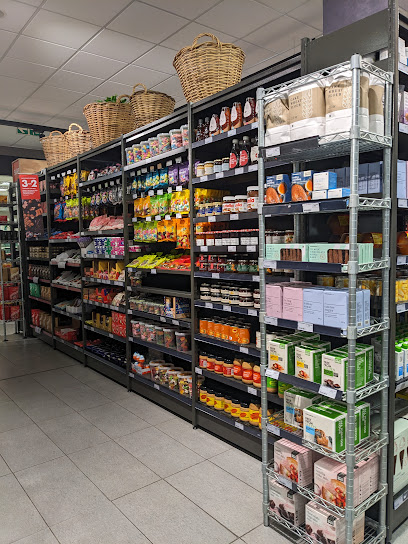
Lifefo Mall
Discover the dynamic shopping experience at Lifefo Mall in Maseru, where local culture meets global brands for every traveler.
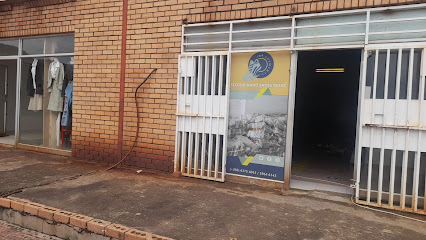
Minza & Monzy Giftique
Discover unique gifts and local crafts at Minza & Monzy Giftique in Maseru, a perfect stop for tourists seeking memorable souvenirs.
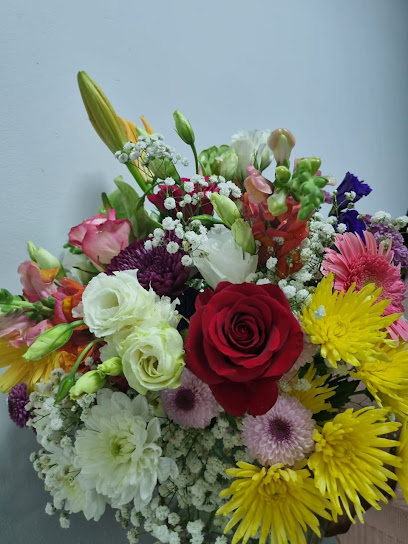
Shipa Online and Pop-up Store
Experience the blend of local culture and modern fashion at Shipa Online and Pop-up Store, Maseru's premier clothing destination.
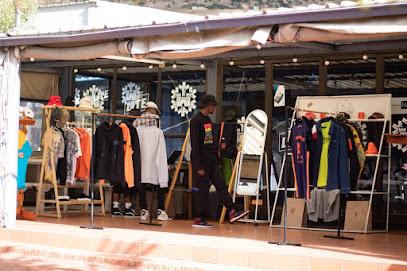
Sneakers Checkpoint
Discover the latest sneaker trends at Sneakers Checkpoint, Maseru's go-to destination for stylish footwear and fashion.

FALIMEHANG
Discover authentic Basotho crafts and unique souvenirs at FALIMEHANG, a charming store in Maseru, Lesotho.
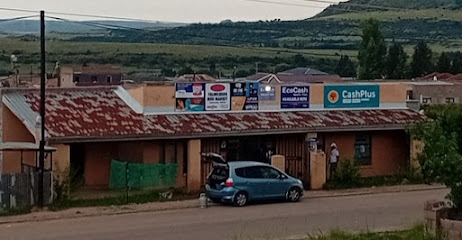
The Style Hub Lesotho
Explore the essence of Lesotho fashion at The Style Hub, where traditional meets contemporary in a vibrant shopping experience.
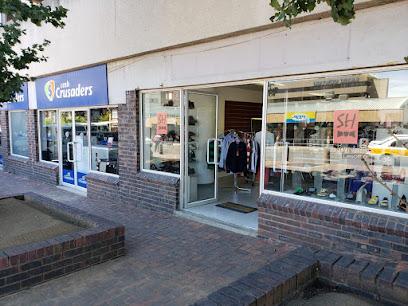
DADIDi
Discover the essence of Lesotho fashion at DADIDi, a stylish clothing store in Maseru offering unique apparel and accessories for every taste.
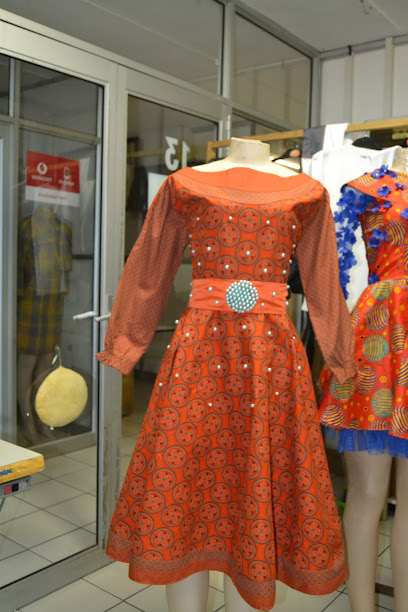
MissL Boutique
Discover unique fashion pieces that blend local tradition with contemporary style at MissL Boutique in Maseru.
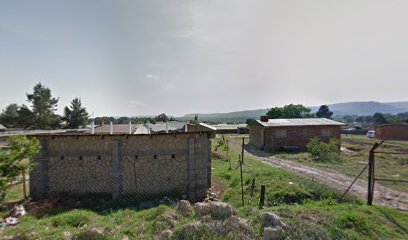
EllenBee
Explore the heart of Lesotho's craftsmanship at EllenBee Boutique, where local artistry meets contemporary style in Maseru.
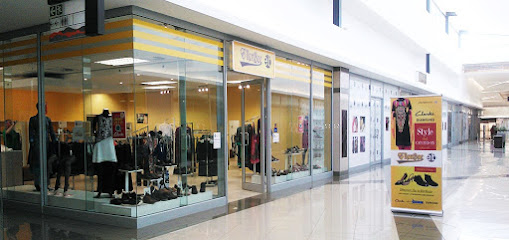
Essential bars & hidden hideouts
Twisters
Experience the vibrant nightlife and friendly atmosphere at Twisters, Maseru's premier bar offering a taste of local culture.
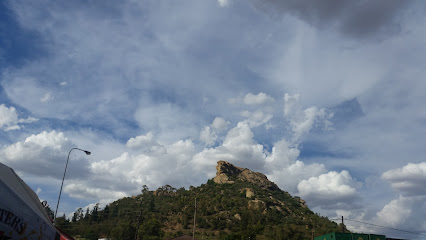
ba.one
Experience the lively atmosphere of ba.one, a premier lounge in Maseru, offering refreshing drinks and a vibrant social scene.
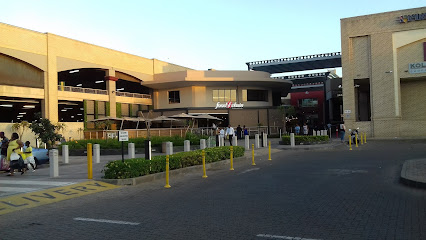
Leifo Bar
Experience the vibrant nightlife of Maseru at Leifo Bar, where refreshing drinks and a lively atmosphere await every traveler.
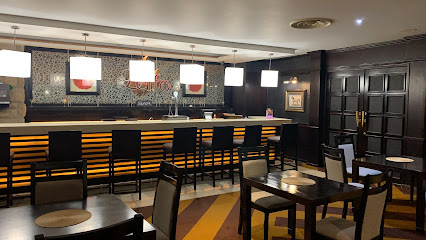
Carmer's Public Bar
Discover Maseru's vibrant nightlife at Carmer's Public Bar, where local culture meets refreshing drinks and lively entertainment.
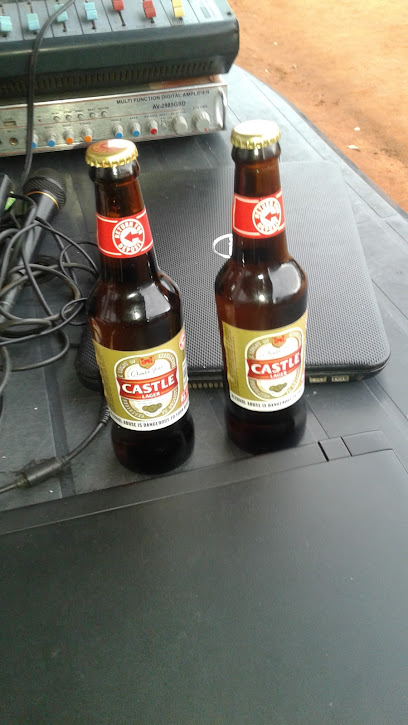
Deal Side
Discover the vibrant nightlife and local culture at Deal Side Bar, Maseru's lively destination for drinks and socializing.

Mejametalana Public Bar
Discover the essence of local nightlife at Mejametalana Public Bar in Maseru, where friendly vibes and refreshing drinks await you.
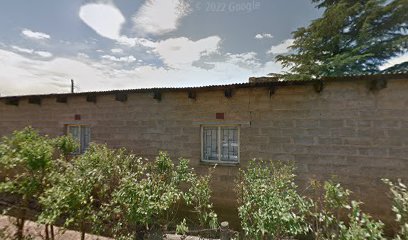
SPARROWS LIQUOR&RESTAURANT
Experience Maseru's vibrant nightlife at Sparrows Liquor & Restaurant, where delightful drinks and local cuisine come together in a welcoming atmosphere.
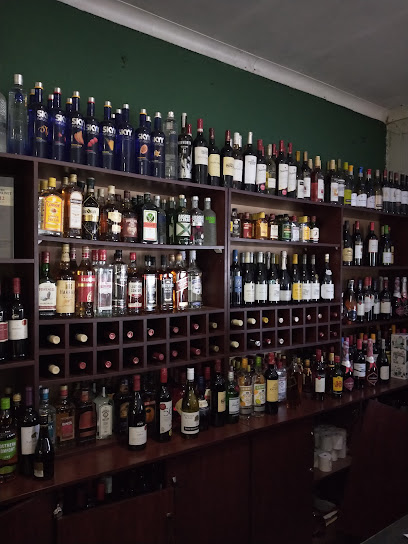
AFTER HOURS
Experience the vibrant nightlife at After Hours, a top bar in Maseru offering local drinks, lively music, and a friendly atmosphere.
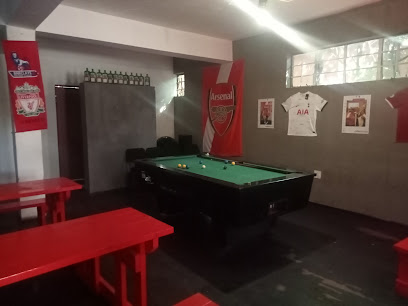
shimi.shisa Bar & Grill
Discover the lively Shimi Shisa Bar & Grill in Maseru, where local flavors meet international cuisine in a vibrant, welcoming atmosphere.
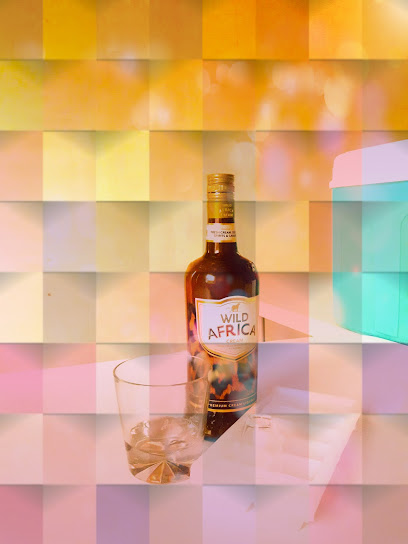
Stock House
Experience the vibrant nightlife of Maseru at Stock House, where delicious drinks and a lively atmosphere await.
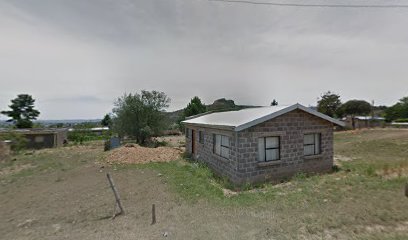
Mmelesi offsales
Experience the vibrant local culture at Mmelesi Offsales, a must-visit bar in Maseru known for its friendly atmosphere and refreshing drinks.
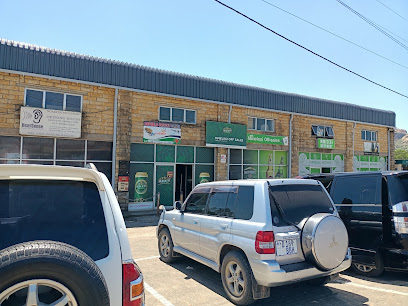
Coolcatspublicbar
Experience the vibrant nightlife at Cool Cats Public Bar in Maseru, where local culture meets a lively atmosphere and great drinks.
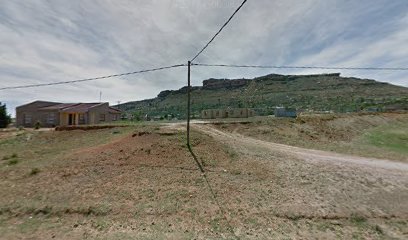
Khasane OffSales
Experience the vibrant nightlife of Maseru at Khasane OffSales, where local flavors meet international drinks in a lively bar atmosphere.

DE DELTA BAR
Experience the lively spirit of Maseru at DE DELTA BAR, your go-to destination for drinks, socializing, and cultural immersion.

Local Phrases
-
- HelloLumela
[loo-meh-lah] - GoodbyeTsamaea hantle
[tsah-mah-eh hahn-tleh] - YesEa
[eh-ah] - NoChe
[cheh] - Please/You're welcomeKa khotso
[kah khot-soh] - Thank youKea leboha
[keh ah-leh-boh-hah] - Excuse me/SorryTlameha
[tla-meh-hah] - How are you?U phela joang?
[oo peh-lah jwah-ng] - Fine. And you?Ke nepahile. Le oe?
[keh neh-pah-hee-leh. leh way] - Do you speak English?U bua sechaba?
[oo boo-ah seh-chah-bah] - I don't understandHa ke utloa
[hah keh oot-loh-ah]
- HelloLumela
-
- I'd like to see the menu, pleaseKe kopa ho bona menyu, ka khotso
[keh koh-pah hoh boh-nah men-yoo, kah khot-soh] - I don't eat meatHa ke eja nyama
[hah keh eh-jah nyah-mah] - Cheers!Pholo e ntle
[phoh-loh eh ntleh] - I would like to pay, pleaseKe kopa ho fumana, ka khotso
[keh koh-pah hoh foo-mah-nah, kah khot-soh]
- I'd like to see the menu, pleaseKe kopa ho bona menyu, ka khotso
-
- Help!Thusa!
[too-sah] - Go away!Shaofa!
[shaw-oh-fah] - Call the Police!Phemisa Pulasing!
[pheh-mee-sah poo-lah-sing] - Call a doctor!Phemisa Moruti!
[pheh-mee-sah moh-roo-tee] - I'm lostKe ile ka khona
[keh ee-leh kah khoh-nah] - I'm illKe khutla
[keh khoo-tlah]
- Help!Thusa!
-
- I'd like to buy...Ke kopa ho rekela...
[keh koh-pah hoh reh-keh-lah] - I'm just lookingKe hlokahala
[keh hloh-kah-hah-lah] - How much is it?Ke bokae?
[keh boh-kah-eh] - That's too expensiveEna ke e monate ka nako
[eh-nah keh eh moh-nah-teh kah nah-koh] - Can you lower the price?U ka hloleha sephiring?
[oo kah hloh-leh-hah seh-pee-rin-g]
- I'd like to buy...Ke kopa ho rekela...
-
- What time is it?Ke nako mang?
[keh nah-koh mahng] - It's one o'clockKe nako ea motho
[keh nah-koh eh-ah moh-thoh] - Half past (10)Nako ea ntlha (10)
[nah-koh eh-ah ntl-hah (ten)] - MorningBomoro
[boh-moh-roh] - AfternoonMokete
[moh-keh-teh] - EveningKhotso
[khot-soh] - YesterdayNale
[nah-leh] - TodayNamane
[nah-mah-neh] - TomorrowNgoan'a
[ngoh-ah-nah] - 1Motho
[moh-thoh] - 2Bohlanya
[boh-hlah-nyah] - 3Tharo
[tah-roh] - 4Nne
[nneh] - 5Tlhano
[tlhah-noh] - 6Tlhare
[tlhah-reh] - 7Supa
[soo-pah] - 8Robong
[roh-bong] - 9Koporo
[koh-poh-roh] - 10Lesome
[leh-soh-meh]
- What time is it?Ke nako mang?
-
- Where's a/the...?Kae e...
[kah-eh] - What's the address?Nako ea ho lefa?
[nah-koh eh-ah hoh leh-fah] - Can you show me (on the map)?U ka nthusa ka ho bona (ka mapolesa)?
[oo kah nt-hoo-sah kah hoh boh-nah (kah mah-poh-leh-sah)] - When's the next (bus)?Nako e be e ncha (borakgale)?
[nah-koh eh beh eh ng-chah (boh-rah-kah-leh)] - A ticket (to ....)Morero (ho ....)
[moh-roh-roh (hoh ....)]
- Where's a/the...?Kae e...
History of Maseru
-
Maseru was founded in 1869 by the British as a small police camp and became the administrative center of the British-controlled Basutoland. It was chosen for its strategic location on the Caledon River, which provided a natural defensive barrier. Over the years, it grew from a modest camp into the bustling capital city of Lesotho.
-
During the late 19th and early 20th centuries, Maseru served as the colonial seat for British Basutoland. The city was an important administrative hub, facilitating the British colonial governance and interactions with the indigenous Basotho people. The colonial architecture from this period still stands today, offering a glimpse into the city’s past.
-
Maseru became the capital of the newly independent Kingdom of Lesotho on October 4, 1966. This marked the end of British colonial rule and the beginning of self-governance for the Basotho people. The city's role as the political and economic center of Lesotho was solidified, and it underwent significant modernization and expansion.
-
Throughout the late 20th century, Maseru experienced periods of political instability, including coups and civil unrest. These events shaped the city’s political landscape and tested its resilience. Despite these challenges, Maseru has emerged as a symbol of national unity and perseverance.
-
Maseru is not only the political capital but also the cultural heart of Lesotho. The city hosts numerous festivals, including the Morija Arts & Cultural Festival, which showcases traditional Basotho music, dance, and arts. The city is also home to the Lesotho National Museum, which preserves the rich heritage and history of the Basotho people.
-
In recent decades, Maseru has seen significant economic growth, becoming a commercial and industrial center. The city’s economy is bolstered by textile manufacturing, agriculture, and tourism. The development of infrastructure, including roads and modern buildings, reflects Maseru's growing importance in the region.
-
Maseru is home to several key educational institutions, including the National University of Lesotho and the Lesotho Agricultural College. These institutions have played a crucial role in the educational advancement of the nation and contribute to the city’s vibrant intellectual community.
-
Maseru is surrounded by stunning natural landscapes, including the Maloti Mountains and the Caledon River. Key landmarks such as the Thaba Bosiu plateau, which holds historical significance as the stronghold of King Moshoeshoe I, attract visitors and highlight the city’s connection to its natural and historical roots.
Maseru Essentials
-
Maseru, the capital city of Lesotho, is accessible via Moshoeshoe I International Airport, located about 18 kilometers from the city center. Flights are available from major cities in South Africa, such as Johannesburg. From the airport, you can take a taxi or arrange for a shuttle service to reach Maseru. Alternatively, you can drive or take a bus from Johannesburg, which is approximately a 4-5 hour journey by road.
-
Maseru has a variety of transportation options, including taxis, minibuses, and car rentals. Taxis are a popular choice for getting around the city and are relatively affordable. Minibuses, known as 'kombis,' operate on set routes and are a cost-effective means of transport, though they can be crowded. Car rentals are available for those who prefer to explore at their own pace. Walking is also a viable option for short distances, especially in the city center.
-
The official currency in Lesotho is the Lesotho Loti (LSL), which is at par with the South African Rand (ZAR). Both currencies are widely accepted in Maseru. Credit and debit cards are accepted in most hotels, restaurants, and larger shops, but it is advisable to carry some cash, especially for smaller establishments or markets. ATMs are available throughout the city for cash withdrawals.
-
Maseru is generally a safe city for tourists, but it is important to take standard precautions. Avoid walking alone at night, especially in poorly lit areas. Be cautious in the neighborhoods of Motimposo and Ha Thamae, which are known for higher crime rates. Keep your belongings secure and be wary of pickpockets in crowded places. It is advisable to use reputable taxi services, especially after dark.
-
In case of emergency, dial 112 for police, fire, and medical assistance. The main hospital in Maseru is Queen Mamohato Memorial Hospital, which offers emergency medical services. Pharmacies are available for minor health issues and over-the-counter medications. It is highly recommended to have travel insurance that covers medical emergencies while visiting Lesotho.
-
Fashion: Do dress modestly, as Lesotho is a conservative country. Avoid overly revealing clothing. Religion: Do respect local customs and traditions. When visiting churches or traditional villages, dress respectfully and avoid disruptive behavior. Public Transport: Do be respectful and patient when using public transport. Avoid eating or drinking on minibuses. Greetings: Do greet people with a handshake and a friendly smile. It is customary to greet everyone when entering a room. Eating & Drinking: Do try local dishes such as 'papa' (maize porridge) and 'moroho' (leafy greens). Don't refuse food or drink offerings, as it is considered impolite.
-
To experience Maseru like a local, visit the local markets such as the Maseru Main Market, where you can purchase fresh produce and traditional crafts. Engage with the locals, who are often friendly and willing to share insights about their culture. Don't miss visiting the Thaba-Bosiu Cultural Village to learn about the history and heritage of Lesotho. For a unique experience, consider a pony trek in the surrounding highlands, which offers breathtaking views and a deeper connection with the traditional Basotho way of life.
Trending Landmark in Maseru
-
Avani Lesotho Hotel & Casino
-
Maseru Mall
-
Thaba Bosiu Cultural Village
-
Pioneer Mall Maseru
-
Piripiri Restaurant
-
The Market
-
No.7 Restaurant
-
Tribute Guest House Matala
-
Café What?
-
Basotho Hat
-
Hokahanya Inn & Conference Centre
-
Black Swan Guesthouse
-
Phomolo Guest House
-
City Stay Maseru
-
Scenery Guest House Maqalika
Nearby Cities to Maseru
-
Things To Do in Teyateyaneng
-
Things To Do in Mafeteng
-
Things To Do in Leribe
-
Things To Do in Mohale's Hoek
-
Things To Do in Butha-Buthe
-
Things To Do in Thaba-Tseka
-
Things To Do in Quthing
-
Things To Do in Bloemfontein
-
Things To Do in Mokhotlong
-
Things To Do in Kimberley
-
Things To Do in Durban
-
Things To Do in Johannesburg
-
Things To Do in Pretoria
-
Things To Do in East London
-
Things To Do in Malkerns








